Product Description
The pandemic has been a global limit experience that has deeply impacted humanity. Who Are We After the Pandemic? is a question that this wonderful book invites us to reflect on, a book that analyses the complexity of what happened to us as individuals and as humanity. From a humanistic perspective, this essay helps us explore essential life dimensions such as work, education, the relationship with the world and nature, and love. It is not only a theoretical reflection, but also a rich experiential text that gives examples of different people’s lives in which we can see ourselves reflected and reconnect with experiences we lived. The book helps to consider the impact of virtuality and technology, that, on the one hand, invited us to create new scenarios and, on the other, generated inauthentic experiences, loneliness, addiction, estrangement, disorganization, and lack of corporeality. Can there be experience without a body? The erotic-emotional bonds, the virtualization of love and intimacy, is another of the issues analysed. With no doubt, reading this book helps us to become aware of the complexity of the phenomenon that humanity has experienced. The authors integrate a humanistic perspective that sheds light on the possibility of recovering an authentic encounter with ourselves and within our bonds.
Héctor Fernández Álvarez, PhD in Psychology. Founder and Honorary President of Fundación Aiglé. Creator of the Integrative-Cognitive Psychotherapeutic Model of Fundación Aiglé. Author of different books and articles on Mental Health and Integrative Psychotherapy
Conjuring Karl Jaspers’ wisdom that who we are, and who we are together, are disclosed when we are thrown into foundering by boundary or limit situations, Marian Durao and Gaspar Segafredo deepen this most necessary of existential confrontations with exquisite care in their new book, Who Are We After the Pandemic? Psychology, Technology and Relationships. They arrive on the scene with this text like existential first responders helping us rummage through the debris in the havoc wreaked by the recent pandemic for ourselves and each other. Through each chapter they walk with us as we search for remnants of our shattered identities and communities amidst our ongoing mistrust of life’s instability and betrayal. Yet, Durao and Segafredo are indeed agents of hope and help spotlight our way out of this bewilderment as we whistle through dangerous times, knowing all along we can’t return home. When lonely and in tears, or not only wondering who we are after the pandemic, but also are we at all after the pandemic, reach for this book as a friend. It will guide you, and us, to our new home of living and trusting once again. Bravo!
Todd Dubose, PhD
Professor, The Chicago School of Professional Psychology,
Past President of APA’s Division 32 (The Society for Humanistic Psychology)
Durao and Segafredo’s work bravely uncovers the breadth and depth of how humans at the limit have used untested technology both to create and to dehumanize. The writing itself, with its moving clinical examples and massive collection of existentialist wisdom, exemplifies with warmth and complexity the humanness it aims to promote.
Jeffery Smith, MD, DLFAPA
Associate Clinical Professor of Psychiatry, New York Medical College
Leader of the Psychotherapy Caucus of the American Psychiatric Association
An existential, integrative, and open perspective is the proposal that Durao and Segafredo develop in this exciting book. Technology and relationships are two inseparable realities from the vicissitudes of contemporary living in which the authors immerse us hand in hand with outstanding thinkers who converge to illuminate the cases they present. The search for new bonds through technology that brings greater loneliness and emptiness became more visible and intense when we’ve been thrown into this “odyssey, where the oceans of the physical and the virtual presence intersect, hiding existential riches to be discovered and created, but also a kind of Matrix, just waiting for us to slip up,” as the authors point out. Who Are We After the Pandemic is undoubtedly essential reading to understand ourselves better, when our existences approach the edges of life.
Ramiro Gómez Salas, PhD in Psychology
President of the Peruvian Association of Phenomenological-Existential Psychology
What I like the most about Who Are We After the Pandemic by Durao and Segafredo is that it does not try to be eclectic by reconciling theories but rather integrates them harmoniously, resulting in a profound work that is didactic and informative while being enjoyable. Starting from the idea of human as a biopsychosocial-spiritual being inextricably linked to one’s sociocultural context, the authors highlight the importance of corporality as a condition for the insertion of being in the world and of the redefinition of this world crossed by the virtuality brought by the pandemic. This work describes with fluid language this global situation that came to put interpersonal relationships in check, especially the therapeutic relationship. In this sense, the inclusion of clinical cases in the book is extremely illuminating. In short, it is a highly recommended book not only for health professionals, but also for the curious reader who is concerned about the changes we are going through.
Marta B. Guberman, PhD in Psychology, Specialist in Clinical Psychology and Psychodiagnosis, Professor at National and Latin American Universities, Founding member of the Argentine Logotherapy Foundation and the Latin American Association of Existential Psychotherapy (ALPE).
Who Are We After the Pandemic? Each reflective human being should ask this question, but few actually do. Many seem to brush this question under the carpet, pretending nothing serious happened. But we did encounter a collective boundary situation in human history, a transition to what some have described as a ‘new normal.’ But what is normal? What do we want this new normal to be? Studies across the globe suggest that during and after the pandemic, most individuals have asked some existential questions about themselves, others, and the world. The lack of answers to their existential questions seemed to go hand in hand with existential anxiety and psychopathology. Thus, we cannot leave these existential questions unanswered, as this would impinge our well-being as well as limit our potential to learn from this crisis. Marian Durao and Gaspar Segafredo undertake this crucial task to examine who we are, who we can be, and who we may want to be. They were right to delve into the inspiring body of existential literature on how humans can cope with an existential crisis. They remind us of the human potential of creativity, meaning, and connectedness—crucial in an era in which we may feel narrowed down by a medical/epidemiological gaze, technology, and social isolation. They show resources to relate in a more free and human way to the reductionistic technological systems in which we live—what the existential philosopher Martin Heidegger has described as a key topic for our era. Ultimately, Durao’s and Segafredo’s ask a question to us: How will we live our daily life, and how will we contribute to the macrocosm of the community and planet? Who are you, and who do you want to be?
Joel Vos, PhD, MSc, MA, CPsychol, FHEA, Senior Researcher and Senior Lecturer at the Metanoia Institute, London (UK), Director of IMEC International Meaning Events and Community. Author of Psychology of COVID-19, The Economics of Meaning in Life, and Meaning in Life: An Evidence-Based Handbook for Practitioners
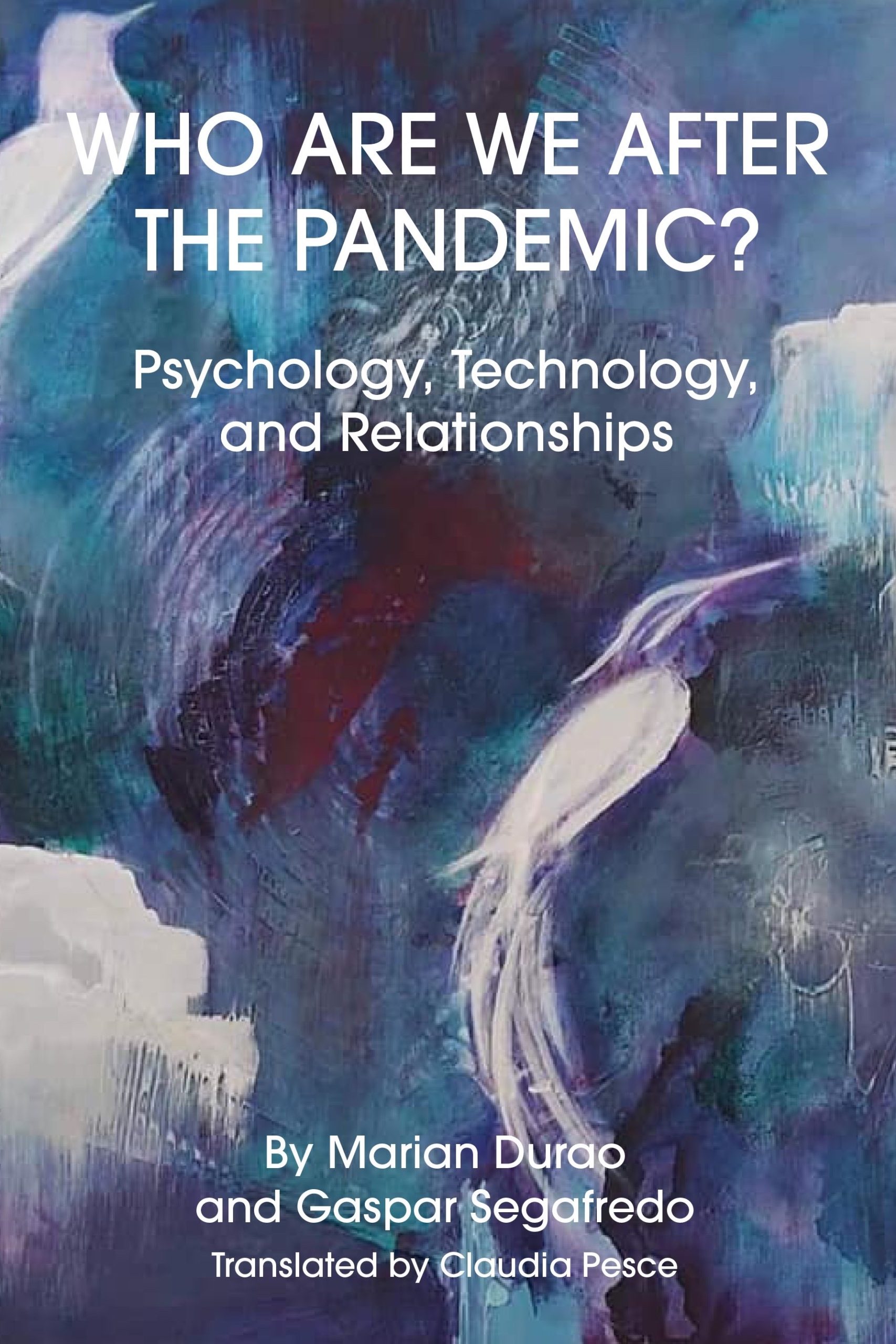
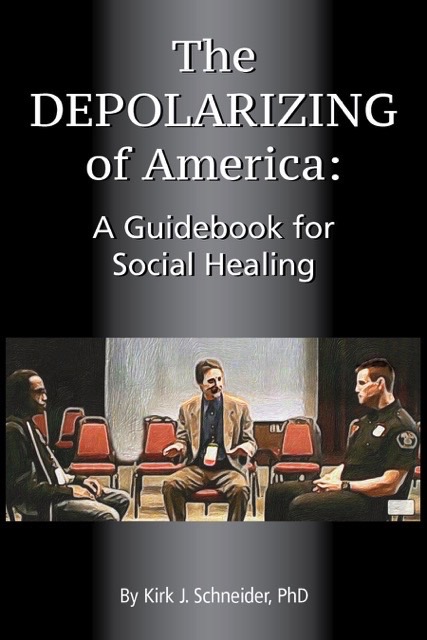
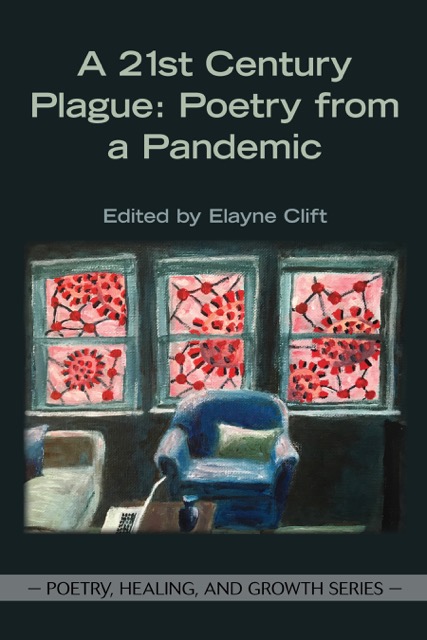
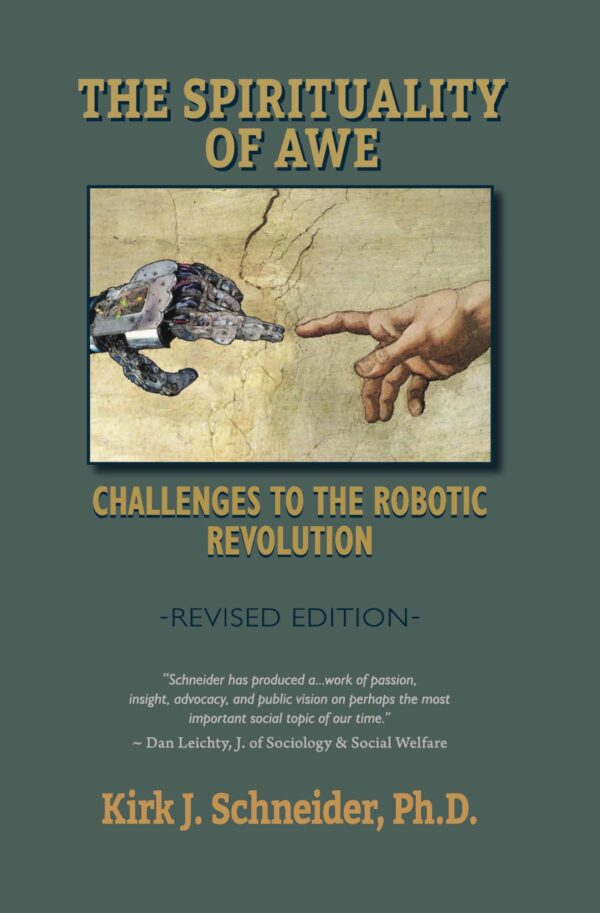
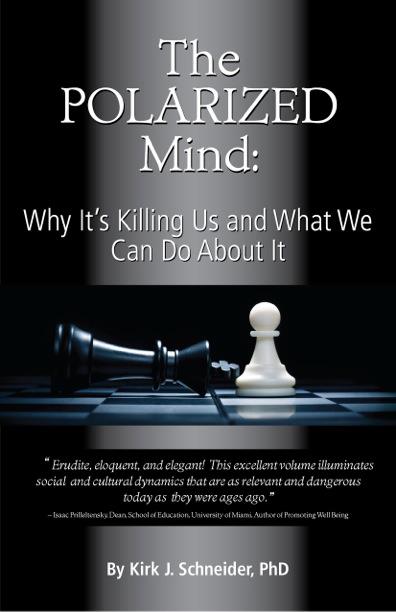
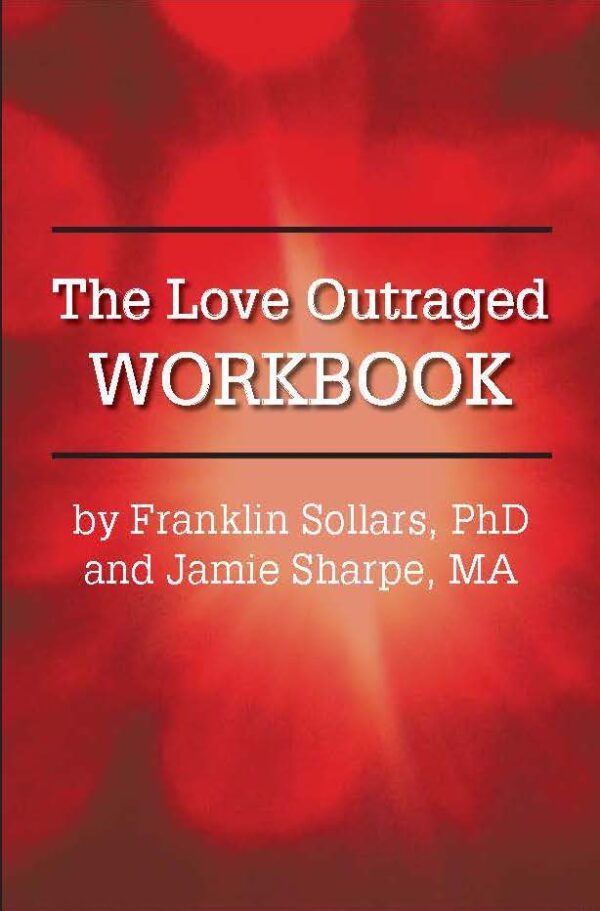
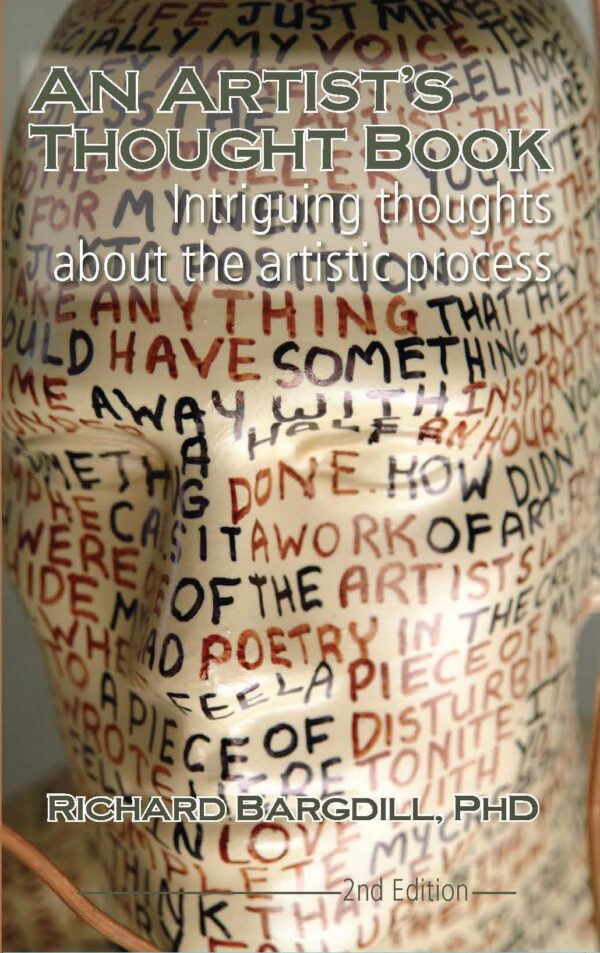
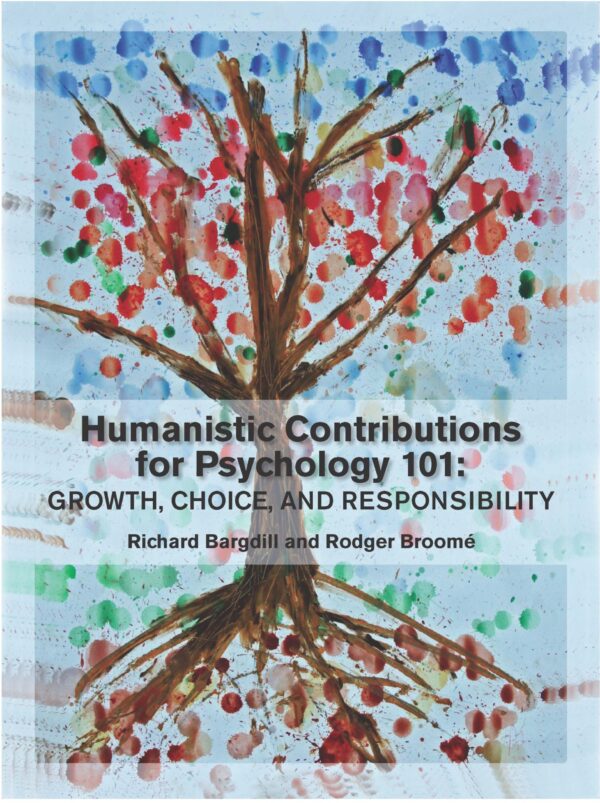
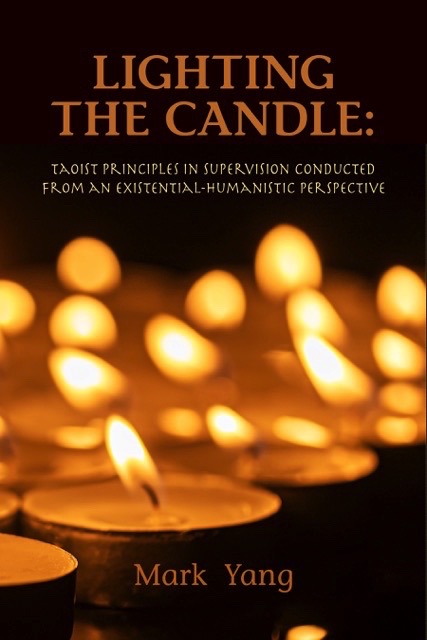
Reviews
There are no reviews yet.